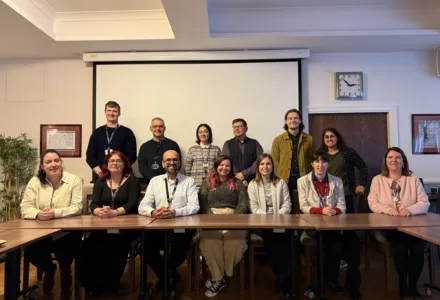As a woman, when trying to buy a smart phone that fits in your hand, adjusting your car seat to find a suitable driving position, or even queuing to use a public loo, it’s easy to see how a consideration of the needs of women in the design process could have the power to make life easier.
With this in mind this International Women’s day, LORIC would like to highlight the work of Caroline Criado Perez. Her book “Invisible Women: Exposing Data Bias in a World Designed for Men” shines a light on the ways in which women and women’s issues have been excluded from research in areas from medicine, to technology; from safety testing to town planning; and many more besides. Her work explores the data bias that exists towards men in almost all walks of life and considers how simply involving women could help to provide better services and more equitable access for 50% of the world’s population.
Whilst this work highlights a significant gender gap in the data, other gaps in data that inform the way our lives are run, and the way that services are provided, include issues around ethnicity, race, and gender identity, and serve to disadvantage a wide range of people.
Invisible Women is the story of what happens when we forget to account for half of humanity. It is an exposé of how the gender data gap harms women when life proceeds, more or less as normal. In urban planning, politics, the workplace. It is also about what happens to women living in a world built on male data when things go wrong. When they get sick. When they lose their home in a flood. When they have to flee that home because of war. But there is hope in this story too, because it’s when women are able to step out from the shadows with their voices and their bodies that things start to shift.

Related Posts

Visits to BGU from Innovate UK

LORIC Wraps Up Successful SED Project

Innovate UK’s East Midlands Knowledge Exchange Forum hosted on BGU campus!

Understanding the Economic Impact and Future Potential of Greater Lincolnshire’s Sport, Physical Activity & Leisure Sector

LORIC Wins Venue of the Year Award

Digitising the Archive of the 20th Century Philosopher John Macmurray
